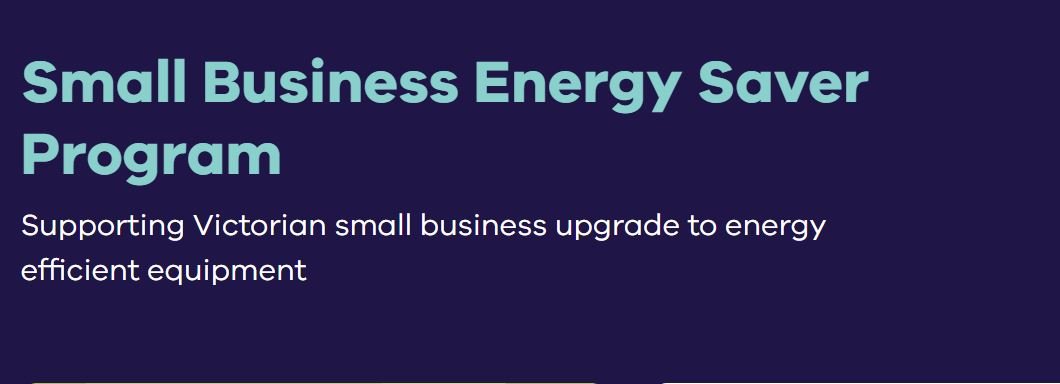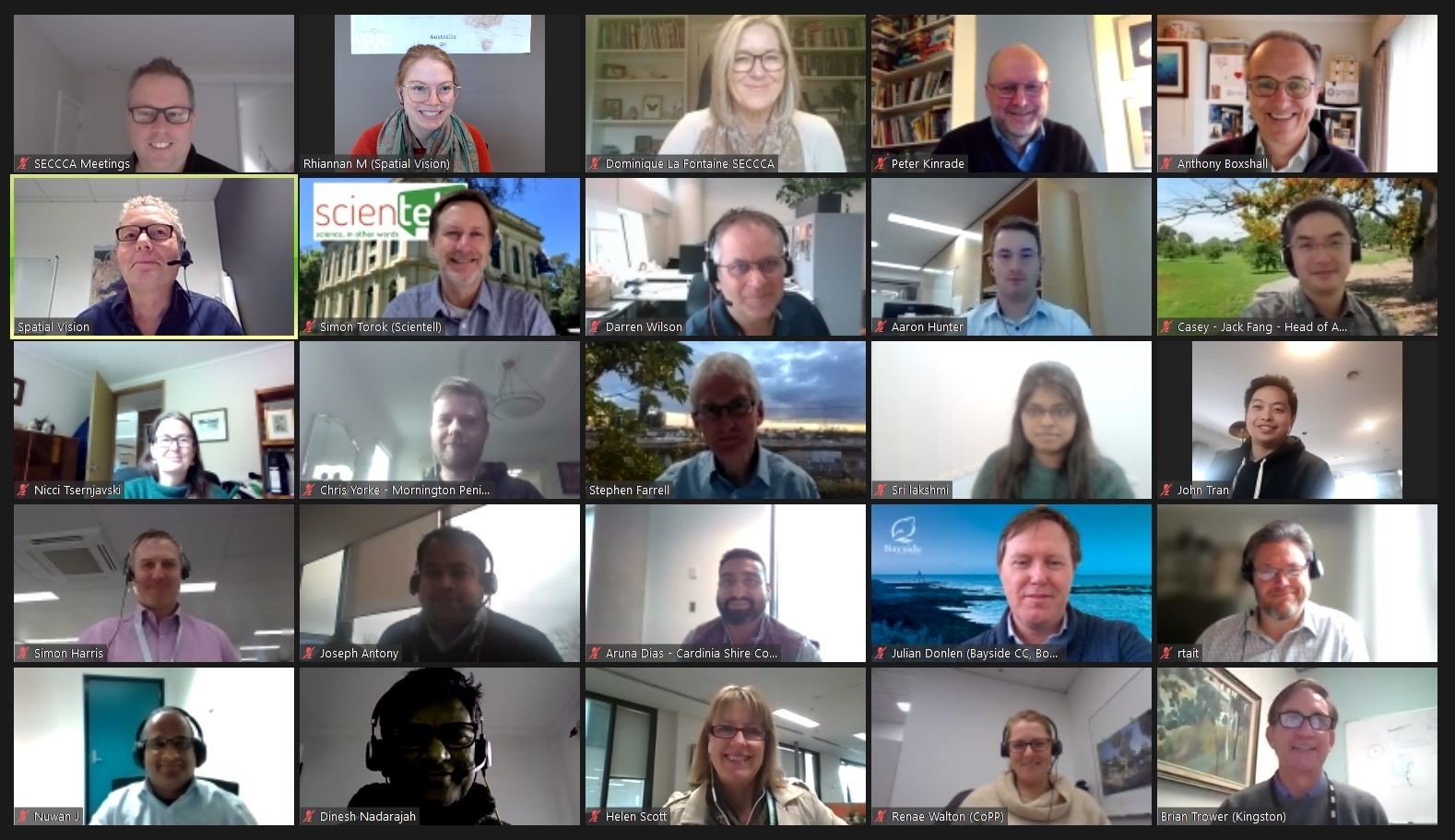SECCCA Winter Update 2021
From the Executive Officer...
While we are in the depths of winter with communities in Victoria having experienced devastating storms, the Northern Hemisphere’s summer has wreaked havoc on many communities. Increasing global temperatures have caused apocalyptic heat events in the pacific northwest areas of the U.S. and Canada. Wildfires are raging across Spain, Turkey, Greece, Lebanon. Parts of Western Europe have experienced 2 months' worth of rainfall in 2 days causing catastrophic flooding.
Scientists have modeled that this extreme heat is virtually impossible without climate change. And, continuing the research that underpinned their 2019 Climate Emergency Declaration, a cohort of over 14,000 scientists from 158 countries have reviewed earth's ‘vital signs' and found that they have worsened over the last two years despite the economic impacts of COVID 19.
Yesterday, the International Panel on Climate Change launched its 6th Assessment Report providing the most up-to-date physical understanding of the climate system and climate change. The Report presents a very stark analysis, declaring a Code Red for humanity and concluding that the Earth could be just 10 years from heating by more than 1.5°C under the current emissions trajectory. Two metres of sea-level rise by 2100 and five metres by 2150 are possible. The Regional Fact Sheet for Australasia reports Australian land areas have already warmed by around 1.4°C. Heat extremes, fire weather events' intensity, frequency, and duration, heavy rainfall, and flooding are all projected to increase. Climate experts are clear that to do its fair share, Australia should be setting a target of net zero emissions by 2030. This means, from this year, there should no new coal plants, oil and gas exploration, or infrastructure.
Back home in Australia, following the Royal Commission into National Natural Disaster Arrangements, the Commonwealth Government has recently established the National Recovery and Resilience Agency. The Agency combines expertise in natural disaster response, recovery and resilience, and brings together several governments departments under one umbrella. The Australian finance sector has also requested greater clarity of regulatory expectations and examples of better industry practice. In response, the Australian Prudential Regulation Authority (APRA) is developing guidance to assist banks, insurers, and superannuation trustees to manage the financial risks of climate change. APRA has also released a tender to examine what would happen to banks' exposure to climate risk posed by a 3-degrees-hotter world.
Read on for more information about SECCCA’s important work assessing climate risk in the southeast, exciting news about a $275K grant secured to help small businesses in the southeast reduce energy costs, and our collaborative work with Victorian Greenhouse Alliances exploring how to develop an authorising environment for Victoria’s planning and building systems that will effectively address climate change.
SECCCA Annual Leaders Breakfast
With a last-minute pivot to an online format, we had a fantastic turnout of over 60 delegates attending SECCCA’s Annual Leaders Breakfast on June 17. Hosted by the City of Kingston, the event was officially opened by City of Kingston Mayor Steve Staikos. The keynote presentation by Kylie Macfarlane, Chief Operating Officer of the Insurance Council of Australia, highlighted the link between the importance of addressing climate risk and viability of our economies.
We were delighted to welcome Julie Reid, Executive Director, Local Government Victoria who applauded the role that SECCCA and similar Greenhouse Alliances play in providing a platform for regional collaboration among councils on emissions reduction and resilience. Co-presenter Mark Rodrigues, Executive Director of Climate Change DELWP outlined the opportunities for delivering Victoria’s obligations under the Climate Change Act and reform of the state’s environment protection legislation.
Closing the event was Cr Michael Whelan, Chair of SECCCA’s Councillor Advisory Group and Deputy Mayor of Bass Coast. Huge thanks went to our event MC Kamahl Simon who injected a wonderful upbeat energy into our virtual room!
Small Business Energy Saver Grant
SECCCA received a $275,000 grant to engage up to 1500 businesses across the region, with our target that 20% take up the program. Two officers have been recruited to support the program and will be working closely with councils’ economic development departments to target businesses in most need and to assist with the promotion of the program.
The Small Business Energy Saver Program (SBESP) is funded under Victorian Government’s allocation of $9.1 million to provide targeted incentives to facilitate small businesses to engage with the Victorian Energy Upgrades (VEU). The SBESP will contribute to the Victorian Government’s Interim Climate Change Targets and Energy Sector Pledge and will be a COVID-19 economic recovery support measure.
If you know of any small businesses with 20 employees or less that may be interested please contact SECCCA via enquiries@seccca.org.au
SECCCA Electric Vehicle Situational Analysis completed
Working with students from Deakin University, SECCCA recently completed a year-long study in fleet operations and opportunities and barriers for council to transition fleets to electric vehicles. Some of the study findings include:
Councils’ desire to transition to electric vehicles, lead their communities in this transition and are in the very early stages;
While there are some plans, measures and targets vary significantly from council to council and transitioning to electric vehicles is as yet an unrealized opportunity to reduce emissions;
Cost and vehicle choice are the most common perceived barriers. Despite current daily vehicle travel distances being well within the travel range of current electric vehicles on the market, range of vehicles and lack of charging infrastructure were a commonly perceived barrier.
Further research is required to fully understand the implications of employment conditions effects on transitioning to electric vehicles and bulk buying. In a second stage of the project SECCCA will work to fine tune the direct costs to council to transition passenger fleets using the tools identified during the project and investigate joint bulk buying opportunities.
For further information please contact SECCCA via enquiries@seccca.org.au
Gas Substitution Roadmap Submission
SECCCA has made a submission to the Victorian Government’s Gas Transition Roadmap which is producing a strategic framework for decarbonising natural gas in Victoria.
We argue that the transition away from fossil case needs to be accelerated to urgently address the need to reduce greenhouse gas emissions and that there is significant economic development opportunity as we invest in and expand the clean energy industry. We also advocate that the transmission must be equitable, and that community and business needs to be supported through the transition.
The submission can be found here.
Planning and Environment Act Advocacy
In partnership with Victorian Greenhouse Alliances and the Council Alliance for the Sustainable Built Environment (CASBE), SECCCA has engaged Hansen Partnership to undertake research and develop recommendations on how Victoria’s planning system can:
Deliver land use and support development resilient, equitable and safe in a changing climate;
Assists state and local government and other relevant decision-makers to adequately consider the economic, environmental, and social risks to their communities from climate change
Enable local government and other relevant organisations to deliver on commitments and pledges to reduce greenhouse gas emissions in emission reduction targets that align with global temperature increases below 1.5°C.; and
Enable key industry stakeholders to adopt practices that build resilience to climate change and reduce greenhouse gas emissions.
This project, to be completed by October 2021, is Stage one of a larger advocacy campaign, to provide an authorising environment that enables Victoria’s planning and building systems to effectively address climate change.
For further information please contact SECCCA via enquiries@seccca.org.au
DELWP Greater Melbourne Region Climate Cost Benefit Analysis
Funded by DELWP under the Greater Melbourne Region Adaptation Strategy, SECCCA, together with EAGA, WAGA and NAGA has engaged Natural Capital Economics to develop a cost-benefit analysis framework that will inform a clearer understanding of the costs and benefits of different climate change adaptation options for community assets and infrastructure owned and managed by local governments.
The framework will address each major asset class and establish a robust methodology for assessing and prioritising adaptation options in subsequent project phases. The learnings and outputs will be transferable to other sectors and inform long term advocacy around future funding requirements.
For further information please contact SECCCA via enquiries@seccca.org.au
AVA Workshop
SECCCA member council officers recently participated in the third Asset Vulnerability Assessment Project workshop. Councils viewed the data outputs which assist asset managers to better understand the likely climate change impacts under various climate futures. Following the workshops, all councils undertook training and mentoring in the use of the climate data within the council's GIS systems.
Three case studies are now also well underway. Across 3 locations, they will focus on coastal and inland flooding of council and community assets and community emergency facility preparedness. Each case study will investigate various adaptation options and a high-level financial and economic analysis of these options to determine the most cost-effective pathway forward. The methodology used will enable councils to undertake similar work at other locations of concern. The case studies will be completed by the end of September.







